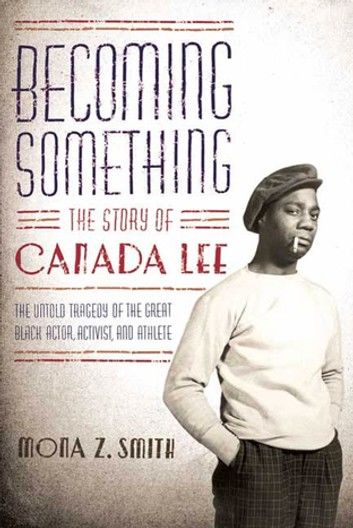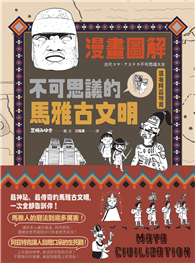| FindBook |
有 1 項符合
Becoming Something的圖書 |
 |
Becoming Something: The Story of Canada Lee 作者:Mona Z. Smith 出版社:Farrar, Straus and Giroux 出版日期:2005-08-22 語言:英文 |
| 圖書館借閱 |
| 國家圖書館 | 全國圖書書目資訊網 | 國立公共資訊圖書館 | 電子書服務平台 | MetaCat 跨館整合查詢 |
| 臺北市立圖書館 | 新北市立圖書館 | 基隆市公共圖書館 | 桃園市立圖書館 | 新竹縣公共圖書館 |
| 苗栗縣立圖書館 | 臺中市立圖書館 | 彰化縣公共圖書館 | 南投縣文化局 | 雲林縣公共圖書館 |
| 嘉義縣圖書館 | 臺南市立圖書館 | 高雄市立圖書館 | 屏東縣公共圖書館 | 宜蘭縣公共圖書館 |
| 花蓮縣文化局 | 臺東縣文化處 |
|
|
The first biography of the great black actor, activist, athlete--and tragic victim of the blacklist
Imagine an actor as familiar to audiences as Denzel Washington and Morgan Freeman are today--who is then virtually deleted from public memory. Such is the story of Canada Lee. Among the most respected black actors of the forties and a tireless civil rights advocate, Lee was unjustly dishonored, his name reduced to a footnote in the history of the McCarthy era, his death one of a handful directly attributable to the blacklist.
Born in Harlem in 1907, Lee was a Renaissance man. A musical prodigy on violin and piano at eleven, by thirteen he had become a successful jockey and by his twenties a champion boxer. After wandering into auditions for the WPA Negro Theater Project, Lee took up acting and soon shot to stardom in Orson Welles's Broadway production of Native Son, later appearing in such classic films as Lifeboat and the original Cry, the Beloved Country. But Lee's meteoric rise to fame was followed by a devastating fall. Labeled a Communist by the FBI and HUAC as early as 1943, Lee was pilloried during the notorious spy trial of Judith Coplon in 1949, then condemned in longtime friend Ed Sullivan's column. He died in 1952, forty-five and penniless, a heartbroken casualty of a dangerous and conflicted time. Now, after nearly a decade of research, Mona Z. Smith revives the legacy of a man who was perhaps the blacklist's most tragic victim.
|





![塔木德:猶太人的致富聖經[修訂版]:1000多年來帶領猶太人快速累積財富的神祕經典 塔木德:猶太人的致富聖經[修訂版]:1000多年來帶領猶太人快速累積財富的神祕經典](https://media.taaze.tw/showLargeImage.html?sc=11100697818)





